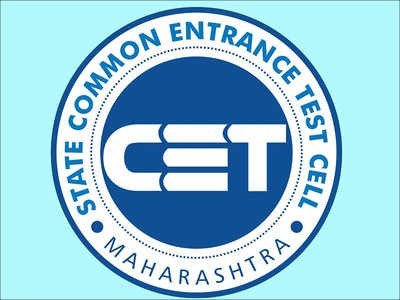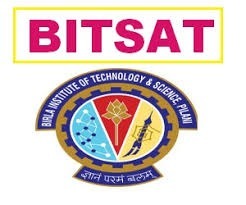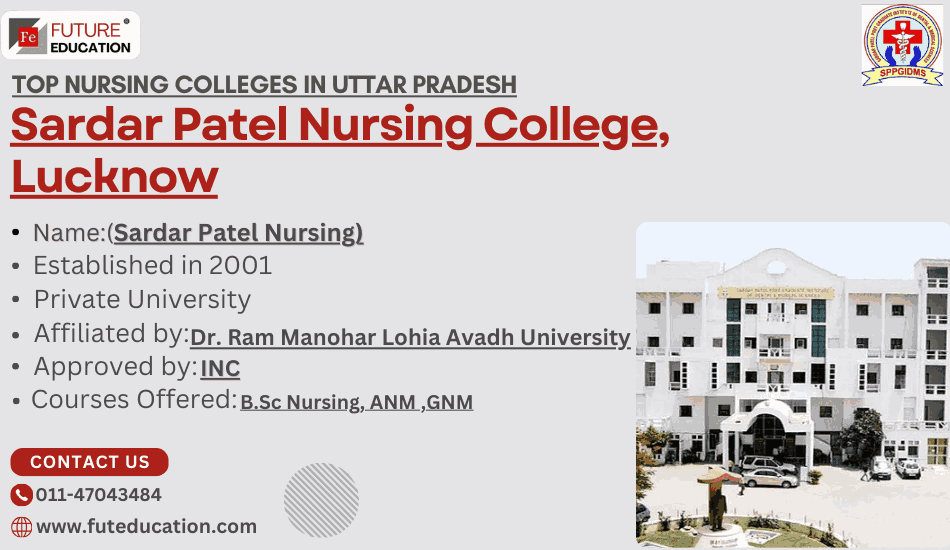Everything You Need to Know About the NEET Syllabus
For admission to undergraduate medical and dentistry programs in India, there is a national entrance test called the National Eligibility cum Entrance Test (NEET). The National Board of Examinations (NBE) administers the test.
There are two components to the NEET syllabus:
Physics and Chemistry in Section I
Second Section: Biology
Physics and Chemistry in Section I
The physics curriculum for NEET includes lessons in mechanics, thermodynamics, electromagnetic, optics, and contemporary physics, among other subjects. Atomic structure, chemical bonds, organic chemistry, and physical chemistry are among the subjects covered in the chemistry curriculum.
Second Section: Biology
Cell biology, molecular biology, genetics, anatomy, physiology, and ecology are all included in the biology curriculum for the NEET exam.
The NEET curriculum is extensive and includes a variety of subjects. There are, however, certain subjects that are more important than others. The physics curriculum for NEET, for instance, has a strong emphasis on mechanics, thermodynamics, and electromagnetic. Physical chemistry and organic chemistry are prioritized in the NEET chemistry curriculum. Cell biology, molecular biology, and genetics are highlighted in the NEET biology course.
The NEET curriculum also offers certain optional courses in addition to the essential areas. Although they are not exam-specific, these subjects might be beneficial for students who desire to do well. For instance, the NEET physics curriculum covers elective subjects like relativity and quantum mechanics. The NEET chemistry curriculum covers elective subjects like analytical chemistry and biochemistry. Microbiology and parasitology are optional subjects in the NEET biology curriculum.
The NEET syllabus is modified often. On the NBE website, you may get the most recent curriculum.
Getting Ready for the NEET Syllabus
Starting early and studying often is the best approach to be ready for the NEET curriculum. Textbooks, online courses, and practice exams are just a few of the tools that may be used to assist students get ready for the examination.
It's crucial to concentrate on the main points and comprehend the underlying ideas of the subject. Additionally, students must to practice responding to NEET-style inquiries.
Although the NEET is a difficult test, it is feasible to pass with effort and commitment. The aforementioned advice will help pupils improve their chances of passing the test.
Additional advice for preparing for the NEET curriculum is provided below:
To help you keep motivated and on track, consider joining a study group or hiring a tutor.
Establish a study schedule and follow it.
Regularly take practice exams to gauge your improvement.
During the test, use your time well.
On the test day, maintain your composure and attention.
Conclusion
The NEET curriculum is extensive and includes a variety of subjects. The aforementioned advice will help pupils improve their chances of passing the test.
I really hope this blog was beneficial. In case you have any other queries, just let me know.
Powered by Froala Editor








